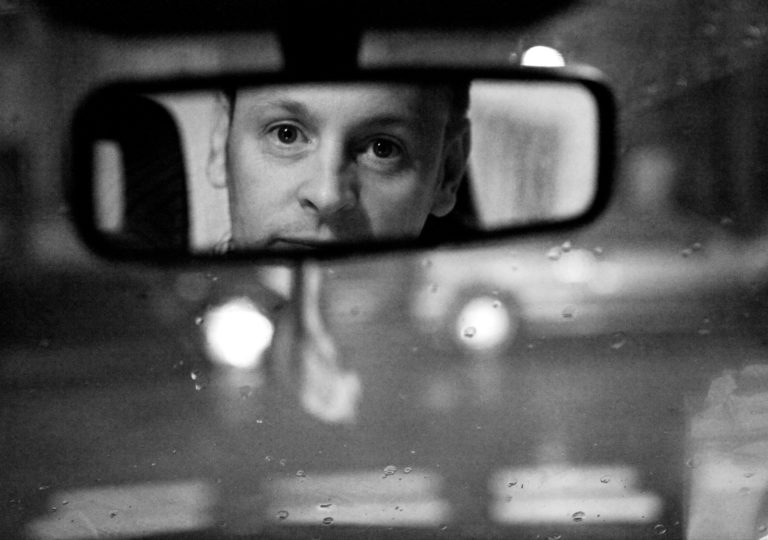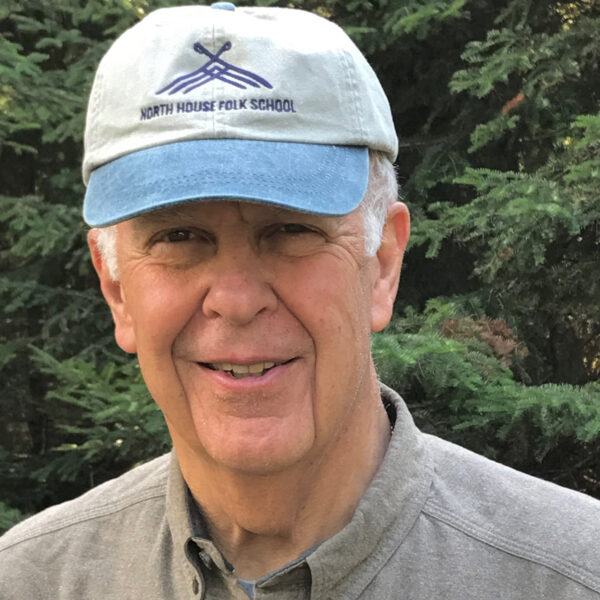
A Paragon of Citizenship
As much as I love solitude, I love the vibrancy of the public life, which plays such a vital role in a democracy. Years ago, during a terrifying ride up Broadway, a New York City taxi driver gave me the most evocative description of public life I know.
As we careened uptown at a dangerous clip, I asked the cabbie how he liked his job. I thought he might drive more cautiously if I reminded him that he had not just a job but a life. My mistake.
Apparently my driver had been waiting a long time for someone to ask this very question. He responded with great enthusiasm, turning and gesturing as he talked, often driving no-handed. The ride became more perilous, but what he said made the risk worth taking:
“Well, you never know who’s getting into the cab, so it’s a little dangerous. But you meet a lot of people. You get to know the public. Which teaches you a lot in life.
You don’t know anything if you don’t know the public. You exchange ideas and you learn a lot from people. It’s like going to school. Meeting all these different kinds of people — everything helps, it doesn’t hurt. If you only like one kind of people, it’s no good!
We talk. If I have a better idea, I tell ’em! Maybe they say yes, maybe they say no. That’s how I educate myself. It makes me happy. You can’t buy this kind of education. If you’re with the same kind of people all the time, it’s like wearing the same suit all the time — you get sick of it. But the public — that keeps you alive!”
What makes this cabbie a paragon of citizenship is the way he combines chutzpah and humility. He welcomes strangers into his taxi, tells them what is on his mind, and listens to what they have to say. He uses the tensions of diversity and disagreement to open his mind to new possibilities: this is how he educates himself, and this is what makes him happy.
If my taxi driver’s enthusiasm for public life could be pumped into the nation’s water supply, democracy’s future would be assured.

